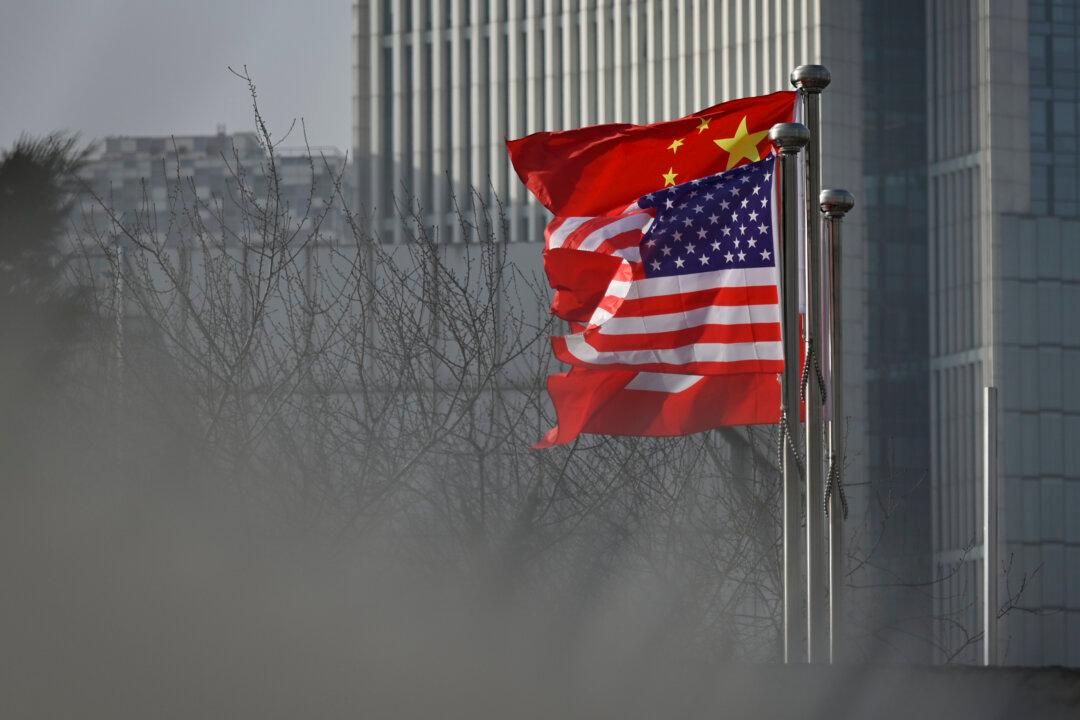Commentary
Is China now just another competitor on the world stage with the United States? Are the United States and China entering a new era of mutual respect and cooperation?

Is China now just another competitor on the world stage with the United States? Are the United States and China entering a new era of mutual respect and cooperation?